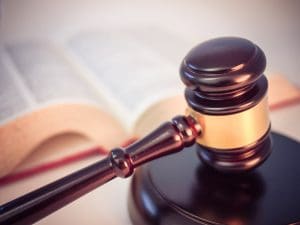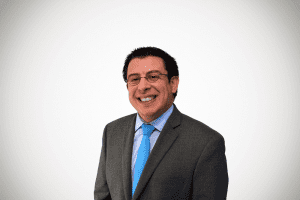Joe Bishop-Henchman was Executive Vice President at the Tax Foundation, where he analyzed state tax trends, constitutional issues, and tax law developments. He has testified or presented to officials in 36 states, testified before Congress six times, has written more than 90 major studies on tax policy. He holds a law degree from George Washington University and a bachelor’s degree in Political Science with a minor in Public Policy from the University of California, Berkeley.
In 2010, he was identified in State Tax Notes as among four people who “will likely dominate the field in the next 10 years,” and the Tax Foundation’s state policy program was honored as most influential in state tax policy by State Tax Notes for 2011, 2012, and 2013. His expertise has been cited by The Economist, The New York Times, The Wall Street Journal, USA TODAY, The Washington Post, the Los Angeles Times, The (Baltimore) Sun, The Orange County Register, The Philadelphia Inquirer, The Christian Science Monitor, CNN, NPR, ABC News, Bloomberg, C-SPAN, CNBC, Fox, Forbes, Fortune, Governing, Barron’s, Kiplinger’s, Stateline, Reuters, the Associated Press, and by 75 law review articles.
He is the author of a book on distinguishing taxes from fees and the co-author of books on tax policy in North Carolina, Nebraska, and Nevada. The U.S. Supreme Court in South Dakota v. Wayfair (2018) twice cited the Tax Foundation brief he authored and adopted the analysis it had recommended. In his pre-DC life before joining the Tax Foundation in 2005, he worked in the historic 2003 California recall election as press/policy aide to gubernatorial candidate and former baseball commissioner Peter Ueberroth, helped organize rallies against wasteful spending and the curfew law in his native San Diego County, and interned with the Office of the DC Attorney General, Citizens Against Government Waste, and University of California outreach in California’s Central Valley. His college activities included the Cal Libertarians and student government, and his law school activities included student government, Lambda Law, and the Federalist Society.
He is admitted to practice law in New York, Maryland, the District of Columbia, and before the U.S. Supreme Court.
Latest Work

Top State Income Tax Rates in 2014
1 min read
How Many Words are in the Tax Code?
The tax code is huge and complex. But how huge and complex is it?
3 min read